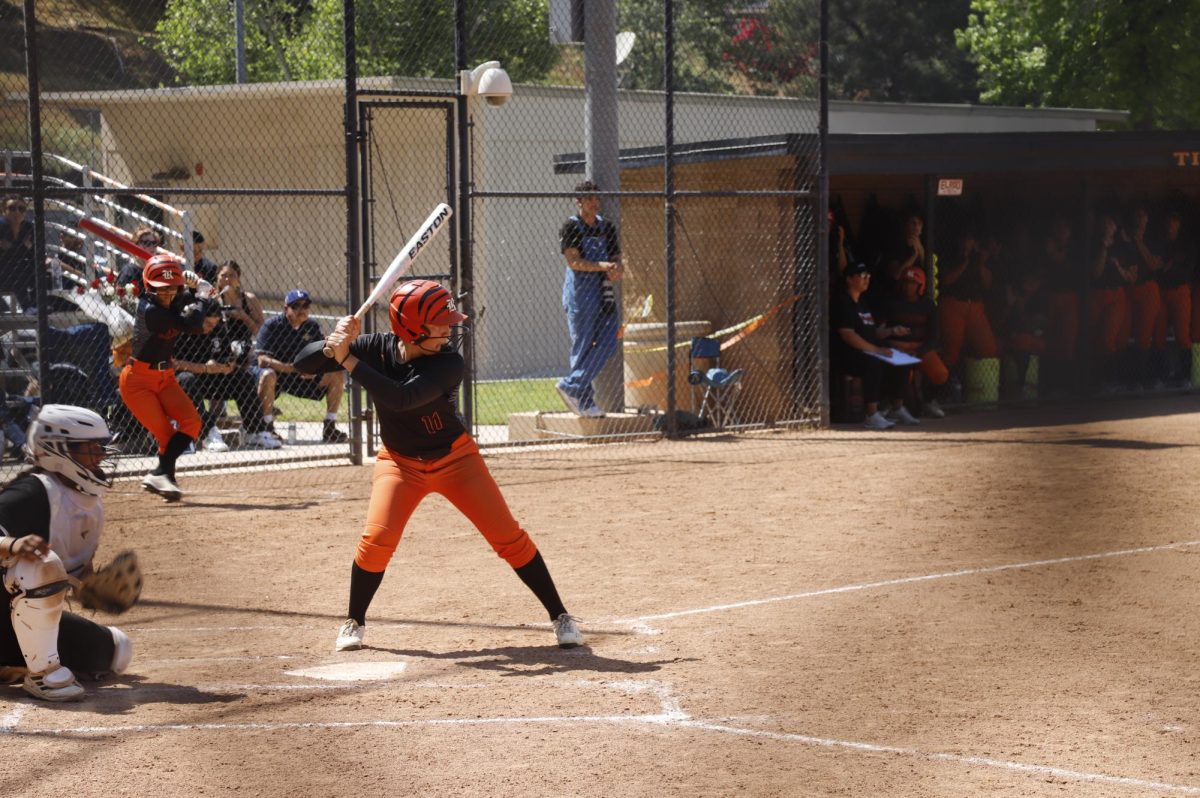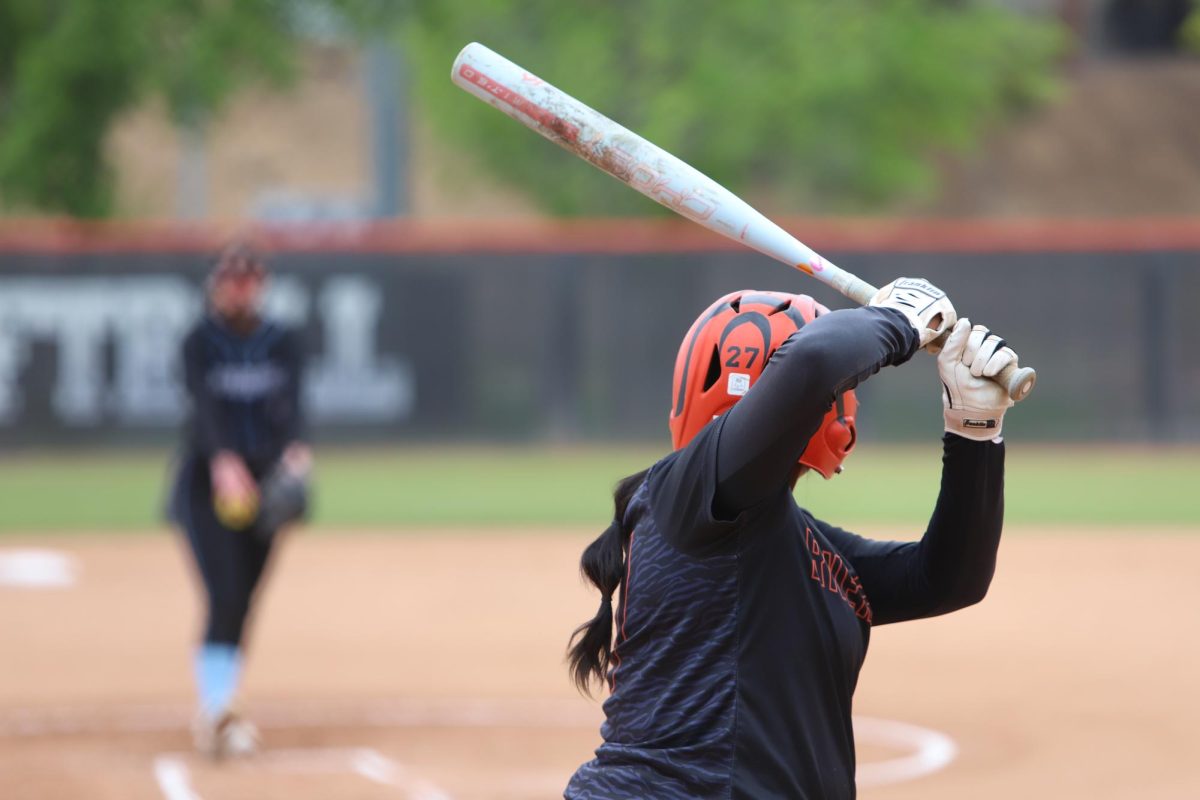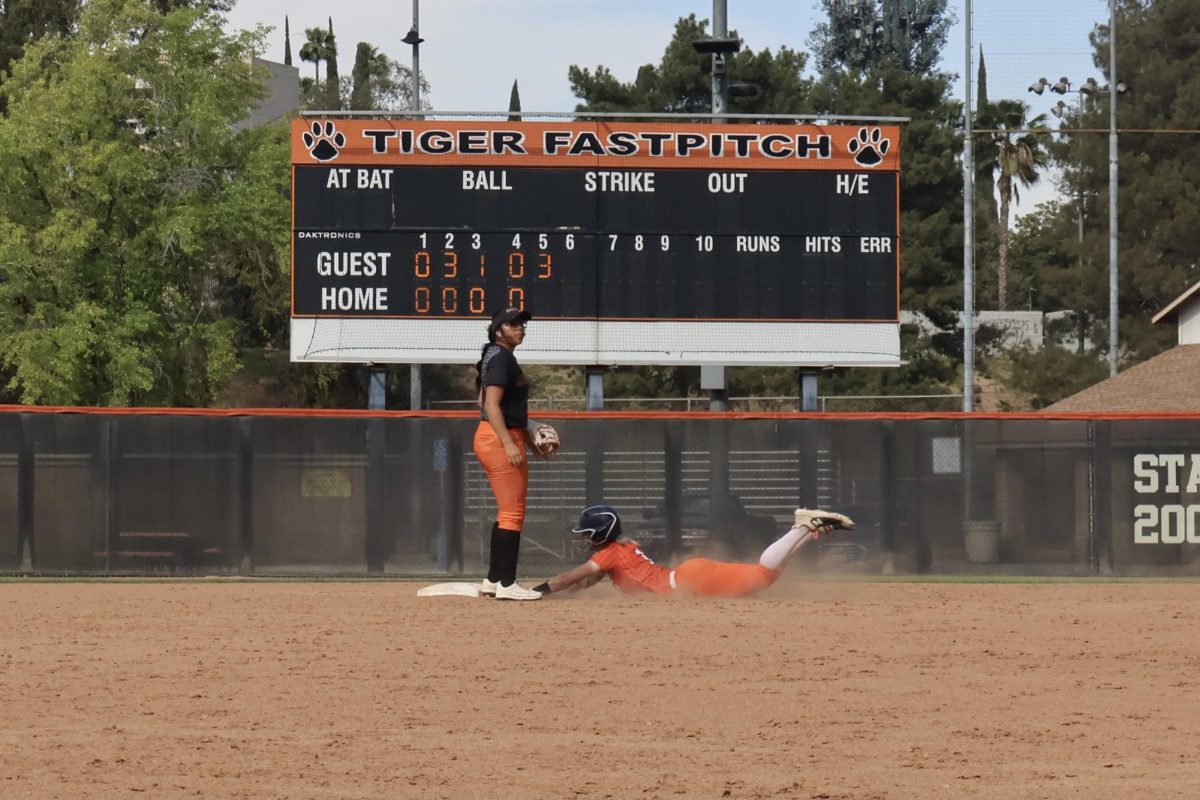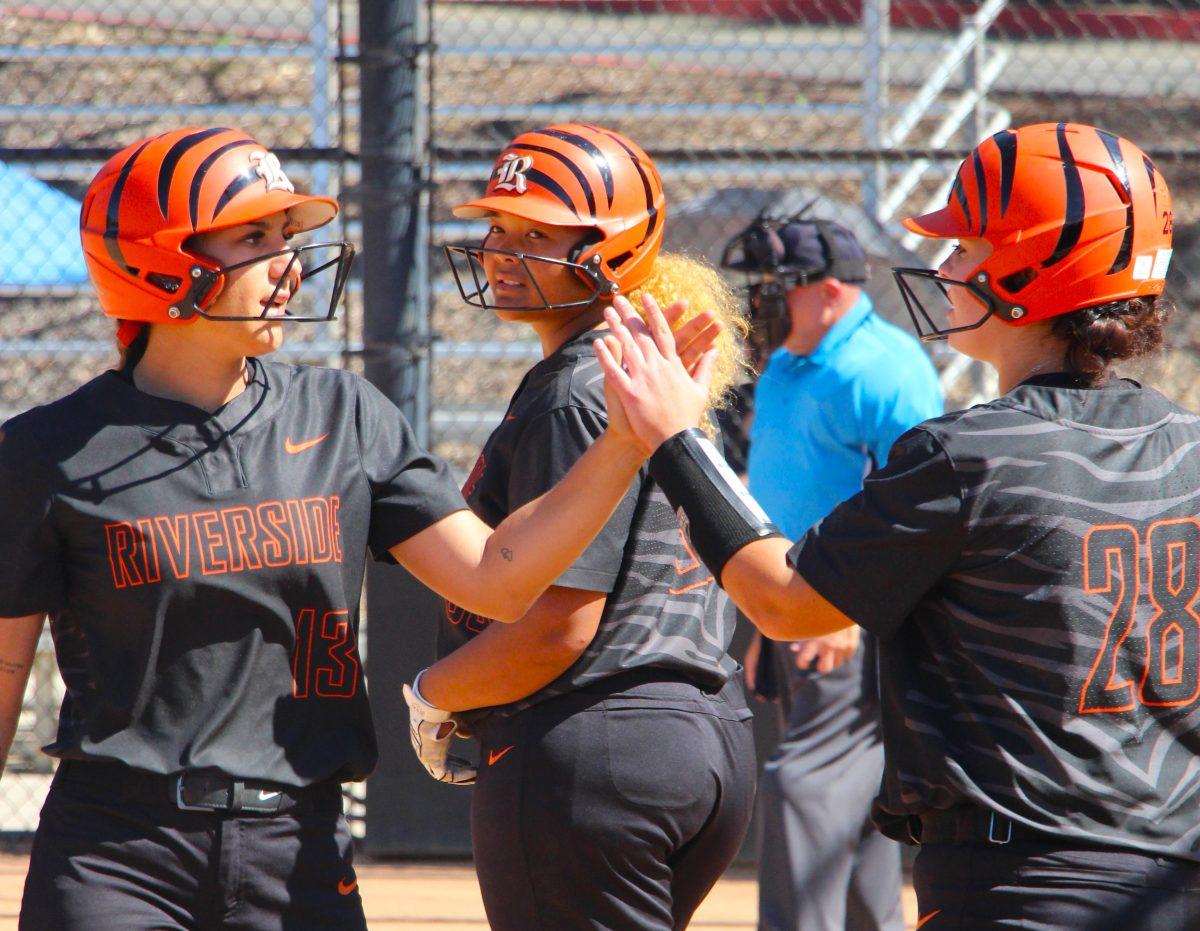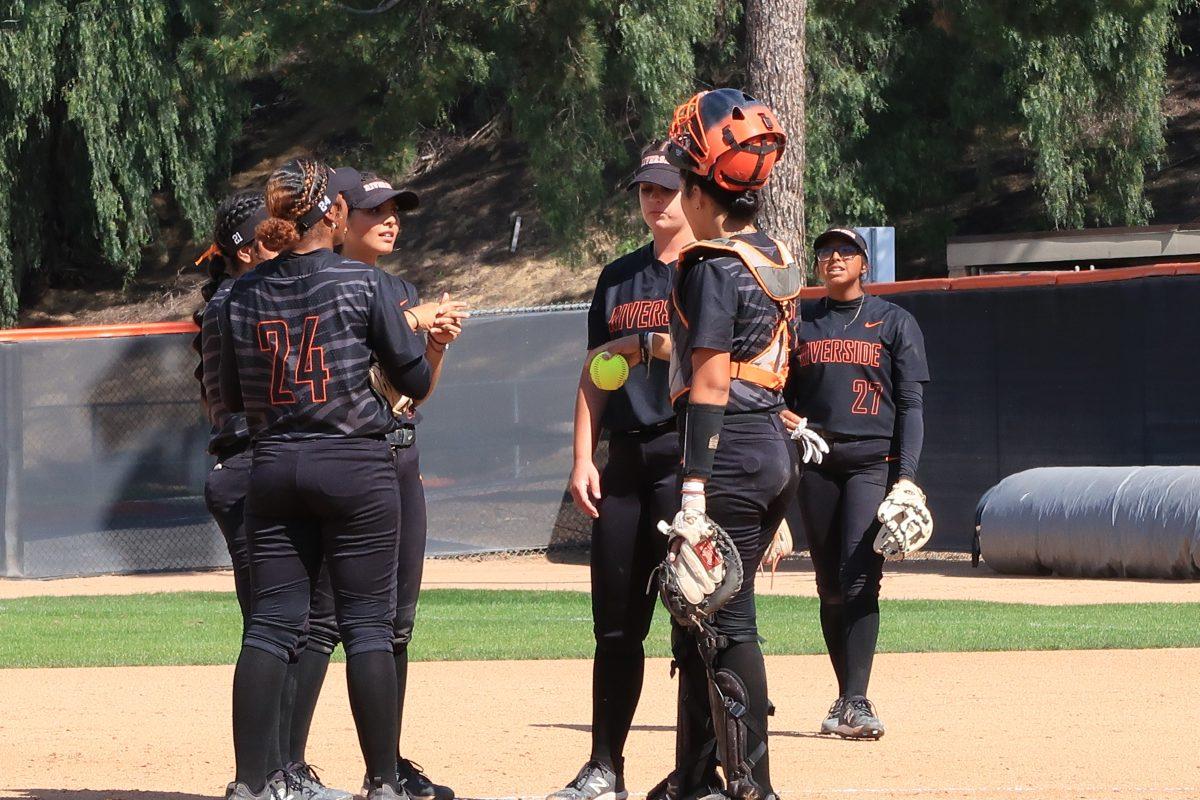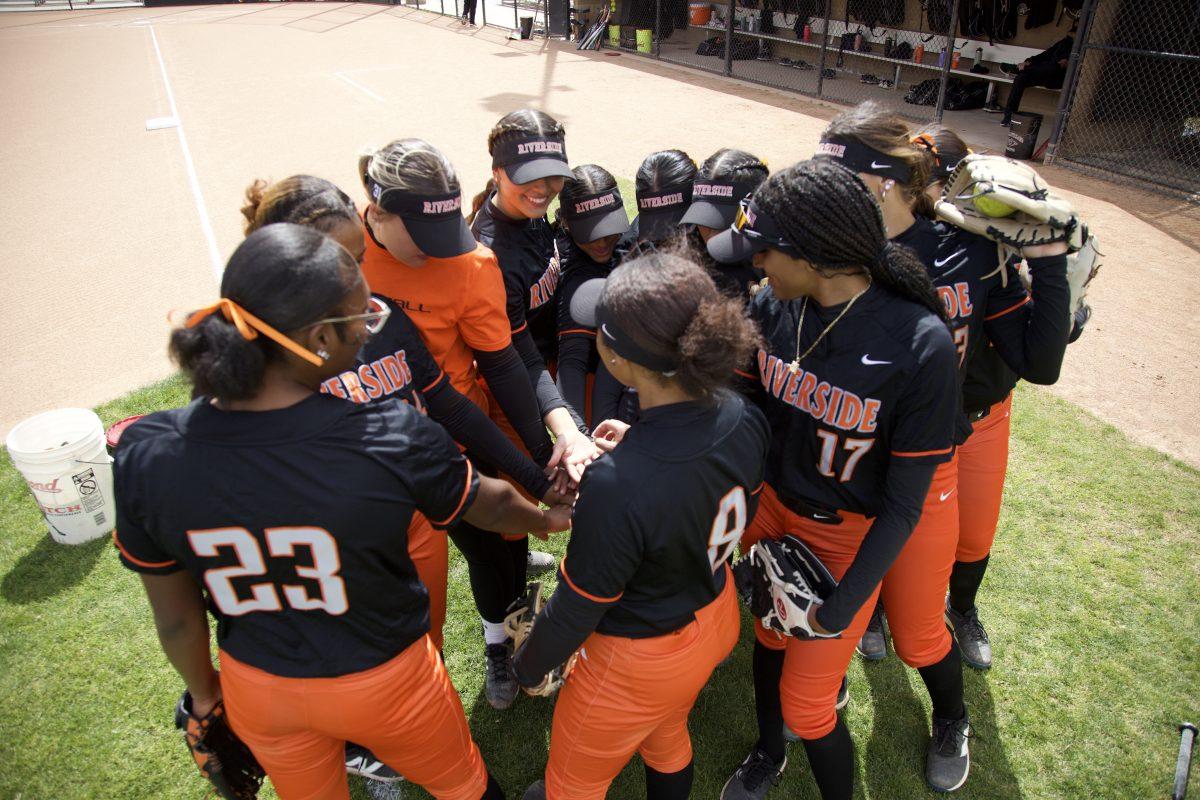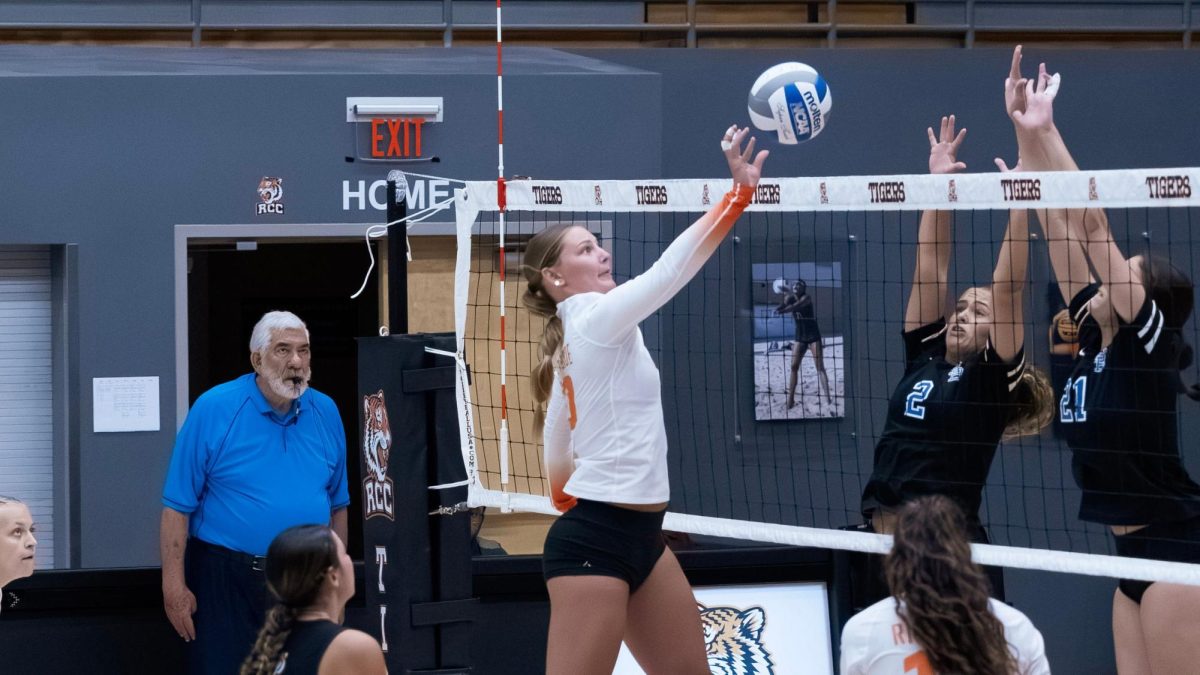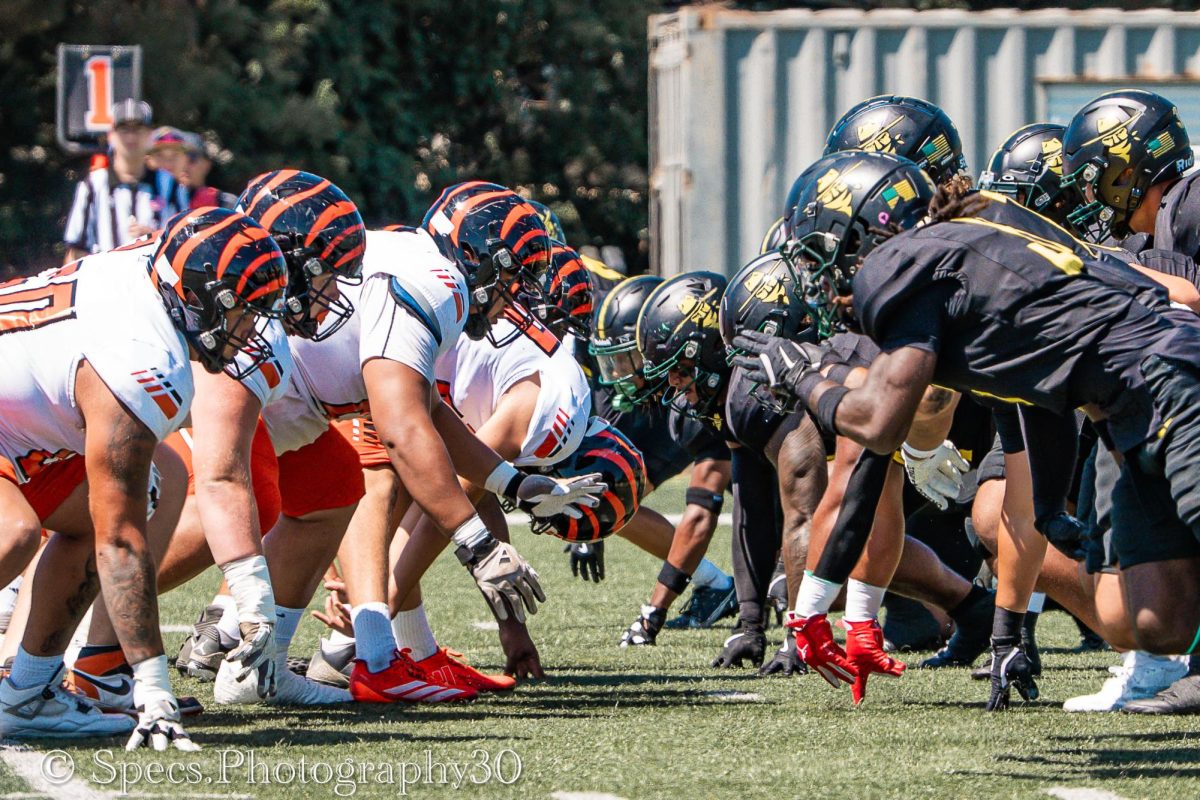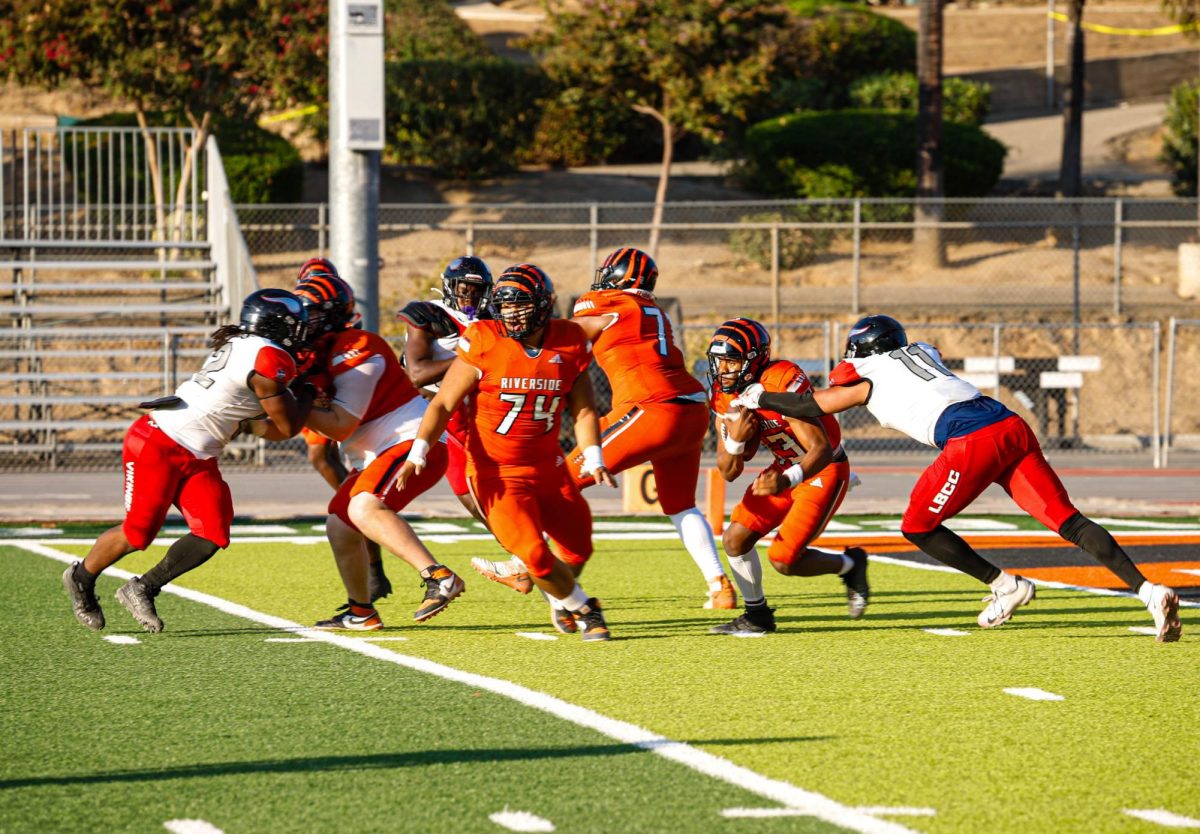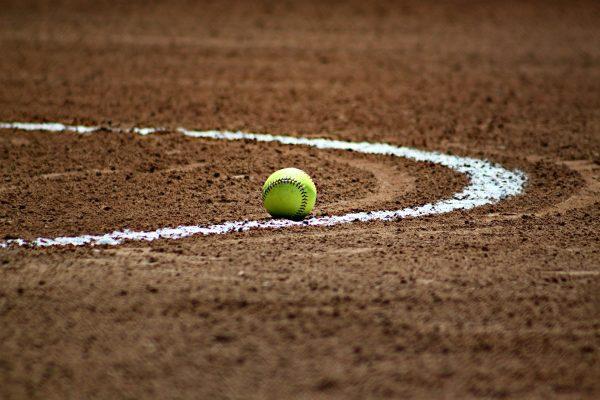
By Bianca Macias
I remember the heartache I felt looking up at the television, tears rolling down my then 12-year-old face, when the umpire called the game on a gloomy Thursday in August 2008 after Team USA and Japan battled for the gold medal in Beijing.
The tears weren’t because Team USA lost. They came from knowing that this would be the last Olympic Women’s Softball Championship game until its reinstatement.
As a young, female aspiring athlete, watching women’s softball teams compete in the Olympics meant a lot. It sparked drive and inspiration not only within me, but also within other young female athletes worldwide.
My teammates and I proudly wore our red, white and blue T-shirts that read “Bound For Beijing” on the front and Team USA’s full roster on the back.
We wanted to be just like those women someday. They were our heroes.
But the International Olympic Committee took away any hopes and dreams there could have been for young female athletes to someday become Olympic softball players. They also cheated millions of the opportunity to experience spectating the thrill of Olympic softball after they voted the sport out of future competition in 2005.
The IOC decided this for a few reasons, including the small number of countries that could form competitive teams and the number of sports allowed to participate in the Summer Olympics being capped at 28. But above all else, it’s notable that the ruling was made on the grounds that Major League Baseball did not allow their players to participate, as the Olympic games would conflict with the regular MLB season.
Baseball and softball are currently associated at IOC meetings, so they were both excluded from the 2012 and 2016 Olympics. The sports were reinstated to participate in the Tokyo 2020 Olympics, which has been pushed back to 2021 due to COVID-19.
Thanks to Japan’s appreciation for the pastime, international baseball and softball organizations are preparing for this Summer’s Olympics. However, the next time they will be included may not be until 2028 in Los Angeles, since Paris voted to exclude the sports as well.
The exile of women’s softball is an attack that has not only failed multiple generations of young women deserving of Olympic status, but has also failed women and women’s sports as a whole. According to statista.com there were 9.69 million women playing ball in 2018, indicating that the sport continues to grow.
But why can’t these players of the thriving game have current Olympic heroes? Why must they continue their careers without the goal of becoming an Olympic athlete? It is unfair.
Aside from these failures, the IOC also disappoints as they continue not to treat baseball and softball as separate entities in IOC meetings. The MLB will not take two weeks out of their season for players to compete at the Olympic level, but the exclusion of softball is not the MLB’s fault.
The IOC should still be able to vote women’s softball into the Olympics even if they choose to exclude baseball for their choice to prioritize the regular MLB schedule. Baseball has a large platform through the MLB network, but women’s softball continues to get the short end of the stick. While it offers world class competition, it misses out on the level and rewards that the Olympics have to offer.
Three-time gold medalist and American pitcher Lisa Fernandez criticized Jacques Rogge, who served as the IOC’s president at the time women’s softball was voted out.
“Rogge has basically conspired against the sports to get them removed,” Fernandez said in a 2005 Associated Press interview. “We had done our job as a sport worldwide to show we belong. I feel one person, the president of the IOC, a person from Europe, has taken it upon himself to ruin the lives of … billions of women.”
Why Rogge, a Belgian man, would choose to conspire against women and the sport is unclear.
Women’s softball returning to the Olympics in 2020 is a step forward, but permanent reinstatement is the victory that women and the sport demand and deserve from the IOC.







